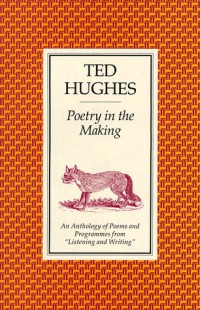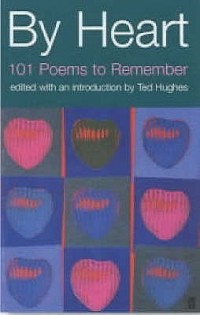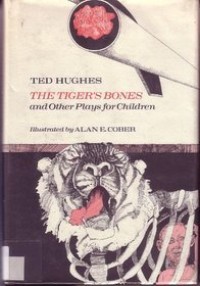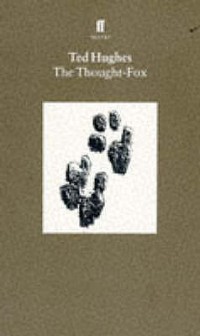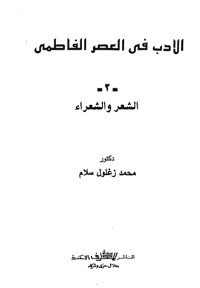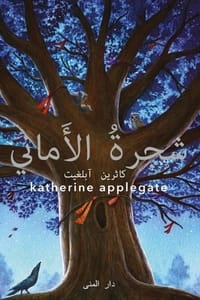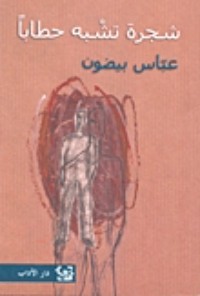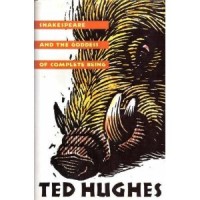
In this momentous adventure in criticism, one of the leading poets writing in English argues that our profound response to Shakespeare's
great late plays is prompted by a mythic, symbolic structure that inheres in each of them, and indeed binds the entire Shakespearean corpus into one huge, complex, ever-evolving work. Ted Hughes sees Shakespeare's early poems Venus and Adonis and The Rape of Lucrece as embodying two great myths of the archaic world, that of the hero who rejects the love of the Goddess and is killed in revenge by a boar; and that of the king, or god, whose crime is rape and whose punishment is banishment. These two complexes merge as Shakespeare's work develops into what Hughes calls the Tragic Equation, a flexible formula through which the poet was able to tap into the innate power of these myths to enliven his own imagination - and through him the imagination of Elizabethan England, in which the conflicts between Catholicism and Protestantism in the "living myth" of the English Reformation never lay far from the bloody surface of events. With his characteristic mixture of erudition and immediacy, Ted Hughes traces this idea in a close reading of Shakespeare's entire work. This text originally grew out of correspondence with dramatists, and anyone for whom intimate attention to the plays is important - scholar, student, actor, or common reader - will profit greatly from Hughes's loving, intensive, engrossing, and radical analysis of the greatest writing in the language.




